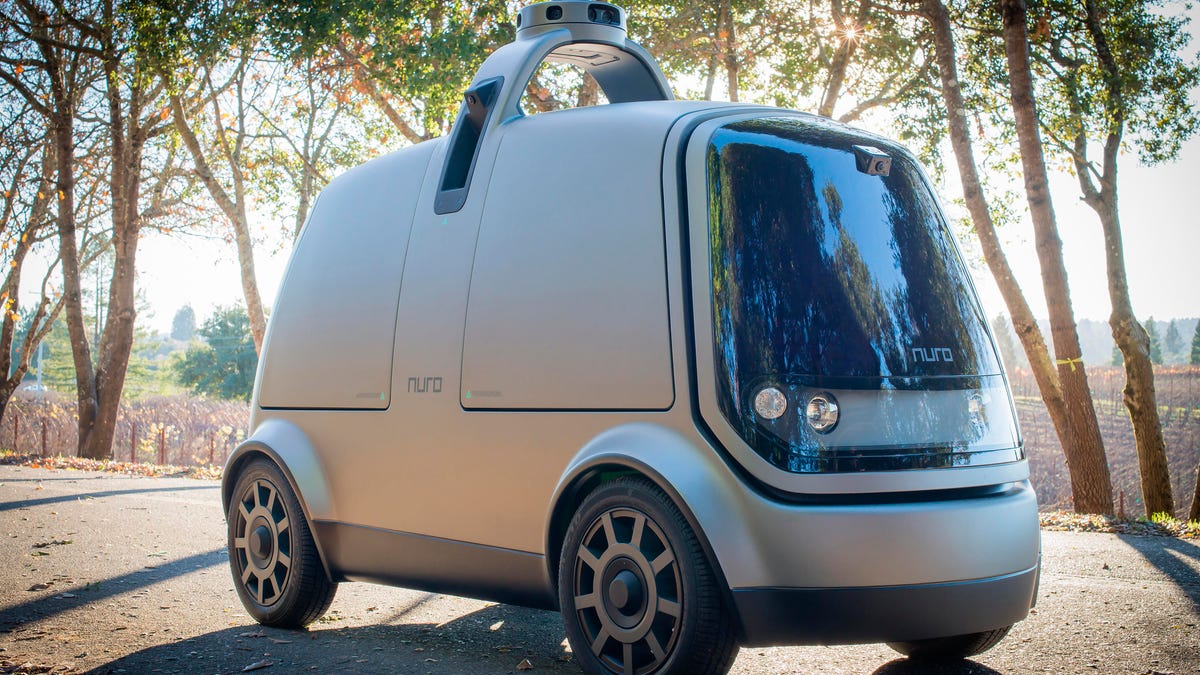NHTSA may let control-less vehicles test on public roads, report says
Several companies have petitioned the regulatory organization for exemptions to current federal vehicle safety standards.
The car industry is spending money on self-driving cars like it's going out of style, and up until this point, all of their development vehicles have had controls so that a human driver can take over. That might not always be the case, though, and the US government is curious how the average American feels about that, according to a report published Friday by Reuters.
To that end, the National Highway Traffic Safety Administration is opening up a period of public comment on petitions by several self-driving car developers that are seeking exemptions from Federal vehicle safety standards.
For example, Kroger's little grocery delivery pod producer, Nuro, wants to build its autonomous vehicles without a windshield. The car has no driver and no provisions for a driver, so a windshield is unnecessary. However, federal vehicle guidelines mandate that one exist.
"We've worked closely with NHTSA and other regulators to make sure our technology complies with relevant laws and is positioned to deliver maximum benefit to our customers and their communities," said a Nuro representative in a statement to Roadshow. "If approved, this exemption will be a notable and responsible step toward realizing those goals, and we look forward to input from regulators and the public about how to deliver them."
General Motors is also applying for exemptions. It wants to test its self-driving cars on public roads with no hand or foot controls. This means no steering wheel and no brake pedal. Again, this would typically run afoul of federal standards.
GM had been hoping to get its control-less cars on the road this year, but it has been approximately 15 months since it submitted its request for a temporary exemption. The vehicles, it says, will be used as part of an on-demand ride-sharing fleet (we're assuming they mean the Cruise Automation taxi fleet we've heard about) and that vehicle speeds will be limited.
Neither GM or NHTSA responded immediately to requests for comment.


